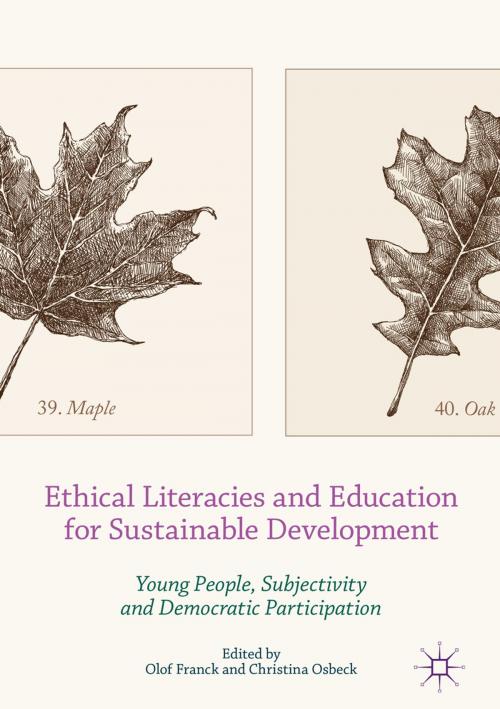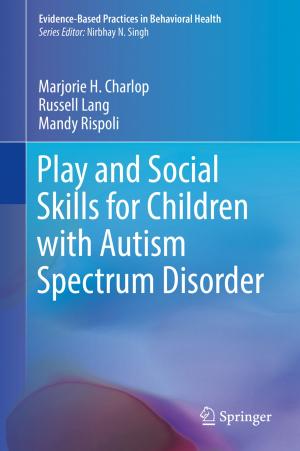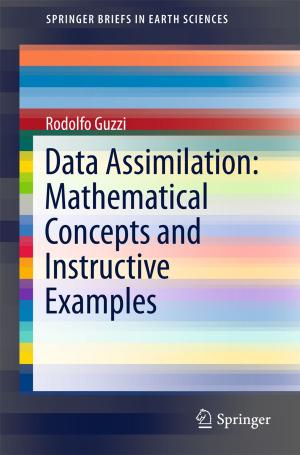Ethical Literacies and Education for Sustainable Development
Young People, Subjectivity and Democratic Participation
Nonfiction, Reference & Language, Education & Teaching, Preschool & Kindergarten, Science & Nature, Science, Biological Sciences, Environmental Science| Author: | ISBN: | 9783319490106 | |
| Publisher: | Springer International Publishing | Publication: | May 6, 2017 |
| Imprint: | Palgrave Macmillan | Language: | English |
| Author: | |
| ISBN: | 9783319490106 |
| Publisher: | Springer International Publishing |
| Publication: | May 6, 2017 |
| Imprint: | Palgrave Macmillan |
| Language: | English |
This book explores the ethical dimensions surrounding the development of education for sustainable development within schools, and examines these issues through the lens of ethical literacy. The book argues that teaching children to engage with nature is crucial if they are to develop a true understanding of sustainability and climate issues, and claims that sustainability education is much more successful when pupils are treated as moral agents rather than being passive subjects of testing and assessment. The collection brings together a range of fresh and creative perspectives on how issues around ethical literacies can be elaborated and expanded with regard to democratic sustainability education. The use of children´s books in teaching about sustainability is carefully explored, as are the ethical and aesthetic dimensions of environmental education. Including an afterword by Arjen Wals, Professor of Transformative Learning for Socio-Ecological Sustainability, the book will be of great interest to students and researchers in the field of sustainability education.
This book explores the ethical dimensions surrounding the development of education for sustainable development within schools, and examines these issues through the lens of ethical literacy. The book argues that teaching children to engage with nature is crucial if they are to develop a true understanding of sustainability and climate issues, and claims that sustainability education is much more successful when pupils are treated as moral agents rather than being passive subjects of testing and assessment. The collection brings together a range of fresh and creative perspectives on how issues around ethical literacies can be elaborated and expanded with regard to democratic sustainability education. The use of children´s books in teaching about sustainability is carefully explored, as are the ethical and aesthetic dimensions of environmental education. Including an afterword by Arjen Wals, Professor of Transformative Learning for Socio-Ecological Sustainability, the book will be of great interest to students and researchers in the field of sustainability education.















